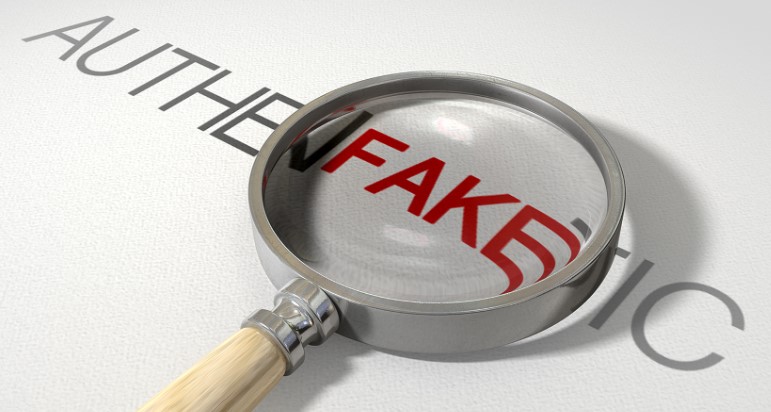
RFID Technology: The Anti-Counterfeiting Guardian
-
Unique Identification and Traceability:
RFID technology introduces a robust mechanism for product identification and traceability. RFID tags, small chips affixed to products, carry a unique identifier that distinguishes genuine products from counterfeits. These tags enable the precise tracking of a product's journey through the supply chain, empowering manufacturers and consumers to verify authenticity at every step.
-
Authentication and Verification:
NFC tags, a subset of RFID, further enhance anti-counterfeiting efforts. NFC-enabled smartphones act as virtual keys to unlock information stored within the tags. Consumers can simply tap their NFC phone on the product's NFC tag to instantly access product details, confirming its authenticity. This real-time verification process empowers consumers to make informed purchasing decisions.
-
Secure Data Transmission:
RFID technology facilitates secure data transmission between tags and readers. Advanced encryption techniques ensure that the information stored on the RFID tag cannot be easily tampered with, preventing counterfeiters from altering or replicating authentic product data.
-
Real-Time Monitoring:
RFID-enabled anti-counterfeiting systems provide real-time insights into a product's status. Manufacturers can monitor inventory movement and detect any anomalies, allowing them to swiftly identify and address potential counterfeiting incidents.
-
Customizable Solutions:
RFID solutions can be customized to suit the specific needs of industries. Different types of RFID tags, including NFC tags, can be employed based on factors such as the type of product, intended level of security, and technological compatibility with consumers' devices.
NFC Tags and the Consumer Connection
-
Consumer Empowerment:
The integration of NFC tags into products creates a direct link between consumers and brands. With a simple tap of their NFC-enabled smartphone on the product's NFC tag, consumers gain immediate access to detailed information about the product's origin, manufacturing process, and authenticity. This transparent interaction empowers consumers to confidently identify genuine products.
-
Interactive Experiences:
NFC-enabled anti-counterfeiting measures open doors to interactive experiences. Brands can provide additional content, such as videos, tutorials, and product history, enhancing the value proposition for consumers beyond basic authentication.
-
Global Reach:
NFC-enabled smartphones are ubiquitous, making them an ideal medium for anti-counterfeiting solutions. This technology bridges the gap between manufacturers and consumers on a global scale, ensuring that even remote areas can access product authenticity information.
In the war against counterfeiting, RFID technology emerges as a formidable ally. With its ability to provide unique identification, secure data transmission, and real-time monitoring, RFID empowers industries to combat counterfeiting across various sectors. The integration of NFC tags and NFC-enabled smartphones takes this battle to the fingertips of consumers, redefining their role in ensuring authenticity. As we move forward in the age of technology, the union of RFID and NFC technology marks a significant stride toward restoring consumer trust, protecting brands, and ultimately securing the integrity of products in a global marketplace threatened by counterfeiting.
